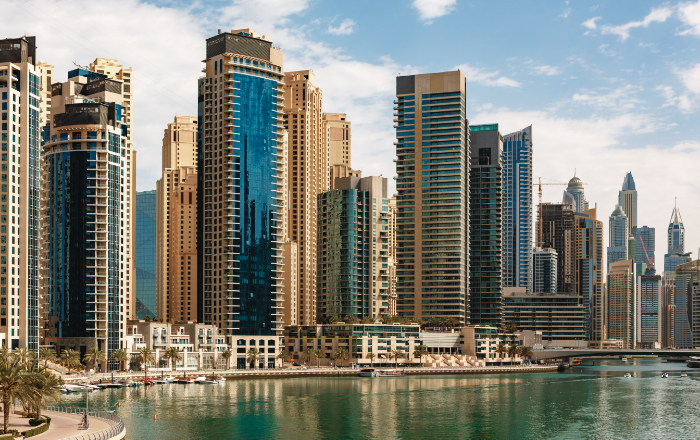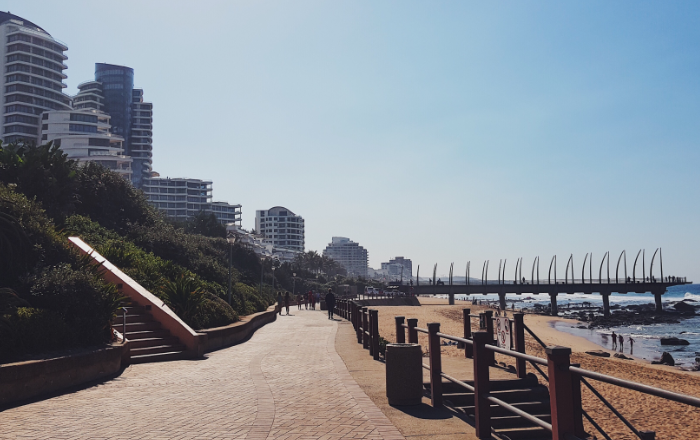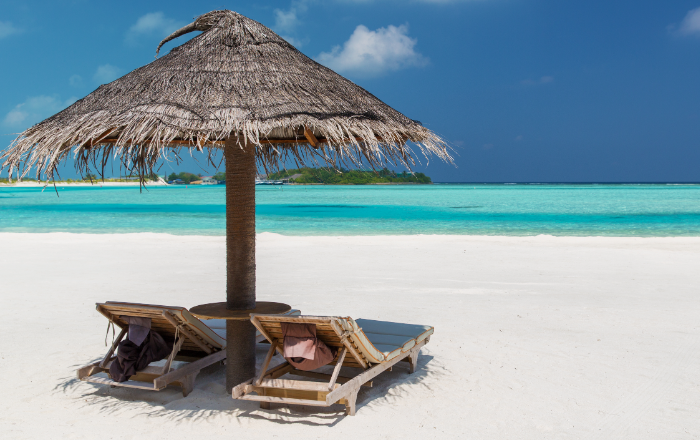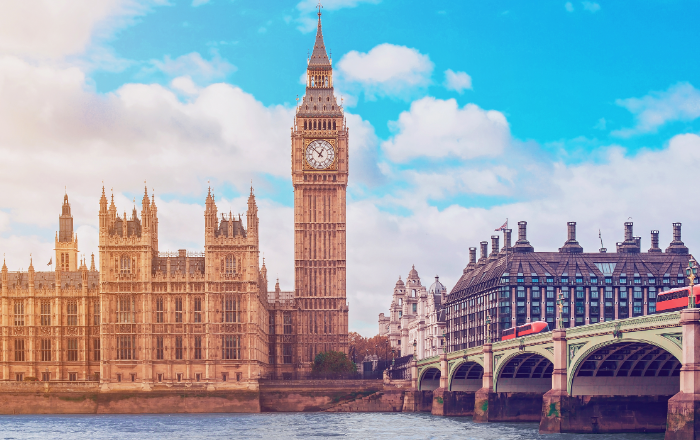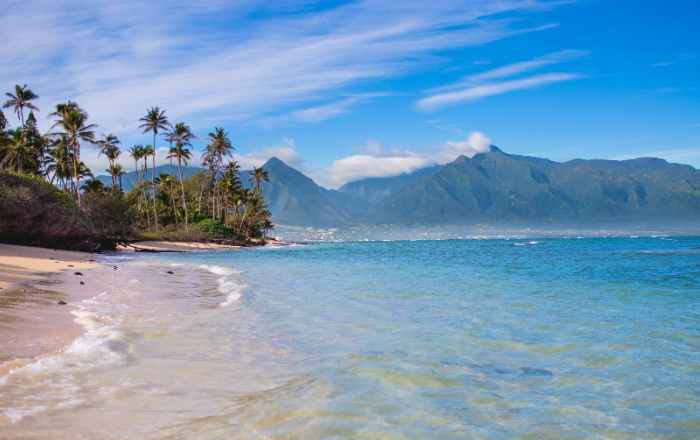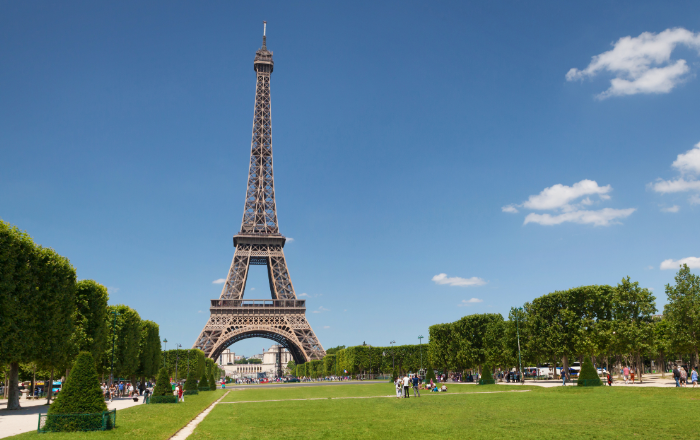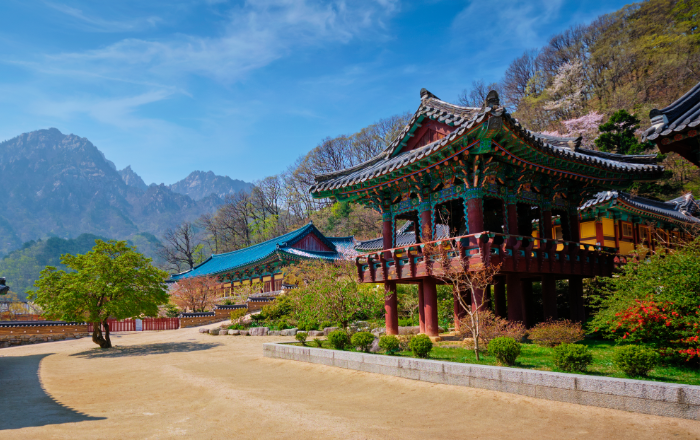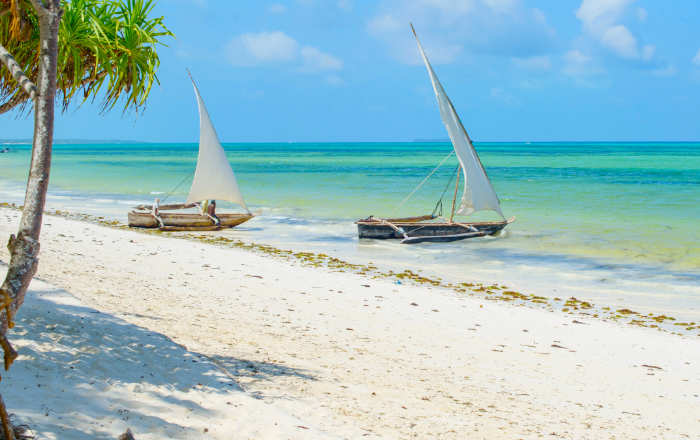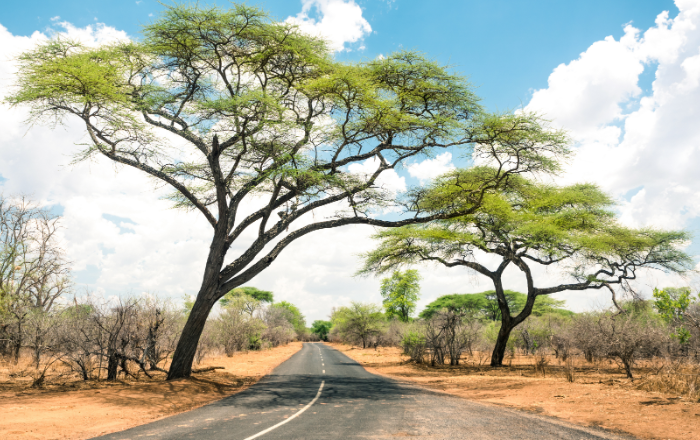Flight tickets from Sishen to Sokch'o
South Korea has become a major power in the modern world economy, rapidly moving from an undeveloped agrarian country to an economic powerhouse. This economic success is even more impressive when the long history of South Korea is taken into account. South Korea has a rich and complex history, with unique cultural, religious and political influences that continue to shape the future of the country. In this text, we will take a look at the history, culture and the recent economic success of South Korea and analyse the country's potential for further development.
Getting to Know South Korea
South Korea is a country located in East Asia with a population of 51.5 million people. The time zone in South Korea is Korean Standard Time (UTC+9). There are two official languages in South Korea, Korean and English. Korean is the common language of the country and it is taught in all schools. The currency used in South Korea is the Korean Won (₩).
Climate and Weather
South Korea has a temperate climate, which means that it experiences four distinct seasons. In the south, summers are hot and humid, while winters are generally mild, though temperatures can drop below freezing in the mountains. In January, temperatures can range from 1 to 4 degrees Celsius, with snow and sub-zero temperatures occurring in the mountains. In summer, temperatures can reach 30 or 34 degrees Celsius with high humidity. In the autumn months, temperatures average around 15 degrees Celsius with dry and sunny weather. Spring brings high levels of humidity and rain, as well as beautiful blossoms. South Korea is prone to numerous typhoons, and the monsoon season in the summer typically brings torrential rains and storms. The southwest island of Jeju-do is known for its mild climate, with temperatures rarely dropping below 10 degrees Celsius in winter or rising above 25 in summer, making it a popular tourist destination.
Touring South Korea: Airport and Transportation
There are 14 airports in South Korea and their official names are Gimpo International Airport, Gimhae International Airport, Incheon International Airport, Cheongju International Airport, Ulsan Airport, Jeju International Airport, Yangyang International Airport, Daegu International Airport, Gunsan Airport, Muan International Airport, Cheongju Domestic Airport, Jeongeup Airport, Sacheon Airbase, and Yangyang Domestic Airport. To get from the main airport (Incheon International Airport) to Downtown in South Korea, the best option is the airport limousine bus. A one-way ticket costs 15,000 won (approx. 12-13 USD). Yes, you can change money at South Korea Airport. There are a number of authorized currency exchanges as well as ATMs where you can withdraw money.
Exploring the Rich History and Culture of South Korea
- South Korea has a long and strong history of two millennia of cultural traditions and a rich legacy of cultural artifacts and monuments.
- From traditional performances such as the popular pansori opera, to a variety of festivals, South Korea is a wonderful place to experience unique cultural experiences
- South Koreans are welcoming and friendly, and are happy to share their culture and history with tourists
Q&As for booking flights from Sishen to South Korea
How long is the flight from Sishen to South Korea?
There is no direct flight from Sishen to South Korea. The quickest flight is via Johannesburg and takes 13h 50m.
How far is the flight from Sishen to South Korea?
There is no direct flight from Sishen to South Korea. The nearest airport is Kimhae International Airport, which is located in Busan, South Korea.
Which airlines fly direct from Sishen to South Korea?
Airlines that fly direct from Sishen to South Korea include Korean Air, Asiana Airlines, and Jeju Air.
How many airports are there in South Korea and what are their official names.
There are four main airports in South Korea: Gimpo International Airport, Incheon International Airport, Jeju International Airport, and Gimhae International Airport.
How many flights are there a week from Sishen to South Korea?
There is one flight per week from Sishen to South Korea.
When is the cheapest time to buy a ticket from Sishen to South Korea?
The cheapest time to buy a ticket from Sishen to South Korea is three months in advance.
How can i get from the main airport to downtown in South Korea and how much does it cost?
The best way to get from the airport to downtown is by taxi. It will cost you around $30.
